Frequently Asked Questions


We’ve put together some quick answers for you.
Just expand a topic below to learn more!
How often should I get a dental check-up and cleaning?
It is generally recommended that you visit the dentist for a check-up and professional cleaning every six months. For some patients with a higher risk of gum disease, tooth decay, or other specific oral health issues, more frequent visits may be necessary. Regular check-ups allow for the early detection of problems, which can save you time, discomfort, and money in the long run.
Why are dental X-rays necessary? Are they safe?
Dental X-rays are a crucial diagnostic tool that allows your dentist to see what is not visible during a visual exam. They can reveal hidden cavities, bone loss, impacted teeth, and other issues. The amount of radiation from a modern digital dental X-ray is extremely low and is considered very safe. We take every precaution to minimize your exposure.
I brush and floss every day. Why do I still need a professional cleaning?
Brushing and flossing are essential for daily oral hygiene, but they can’t reach all the areas that a professional cleaning can. A dental hygienist/dentist uses specialized tools to remove hardened plaque (tartar) and stubborn stains that your toothbrush can’t. A professional cleaning helps prevent gum disease, cavities, and other serious issues.
How can I whiten my teeth?
The best way to whiten your teeth depends on the type of stains you have and your desired results. We can discuss in-office whitening or a custom at-home kit, depending on your needs.
Why do my teeth feel sensitive to hot or cold?
Tooth sensitivity can have several causes, including worn tooth enamel, receding gums, cavities, a cracked tooth, or even a recent dental procedure. It’s important to have a dentist examine the issue to determine the cause. Depending on the diagnosis, solutions can range from using a special toothpaste for sensitive teeth to a filling or other treatment.
What should I do if I have a toothache?
If you have a toothache, you should contact our clinic as soon as possible. In the meantime, use dental floss to gently remove any food particles that may be stuck between your teeth, and take an over-the-counter pain reliever as directed. Do not put aspirin directly on the tooth or gums, as it can cause irritation.
What's the best way to practice good oral hygiene at home?
Good oral hygiene starts with brushing twice a day for two minutes each time, using a soft-bristled toothbrush and fluoride toothpaste. Floss at least once a day to clean between your teeth where your brush can’t reach. A healthy diet, drinking plenty of water, and limiting sugary foods and drinks also play a significant role in maintaining a healthy smile.
At what age should my child first see a dentist?
The American Dental Association recommends that a child has their first dental visit when their first tooth appears, or no later than their first birthday. Early visits help us monitor your child’s dental development, prevent future problems, and get them comfortable with the dental office environment.
What is the difference between a filling, a crown, and a bridge?
A filling is used to repair a tooth that has a small to moderate cavity. The decayed portion of the tooth is removed and “filled” with a material like composite resin.
A crown is a cap that covers the entire surface of a damaged tooth. It is used when a tooth has a large amount of decay, a fracture, or has undergone a root canal.
A bridge is a device used to replace one or more missing teeth. It consists of a series of crowns, with the replacement tooth (or pontic) anchored by crowns on the adjacent teeth.
Do you accept my dental insurance?
We work with a variety of insurance providers. Please call our clinic with your insurance information, and we would be happy to verify your benefits and help you understand your coverage for our services
